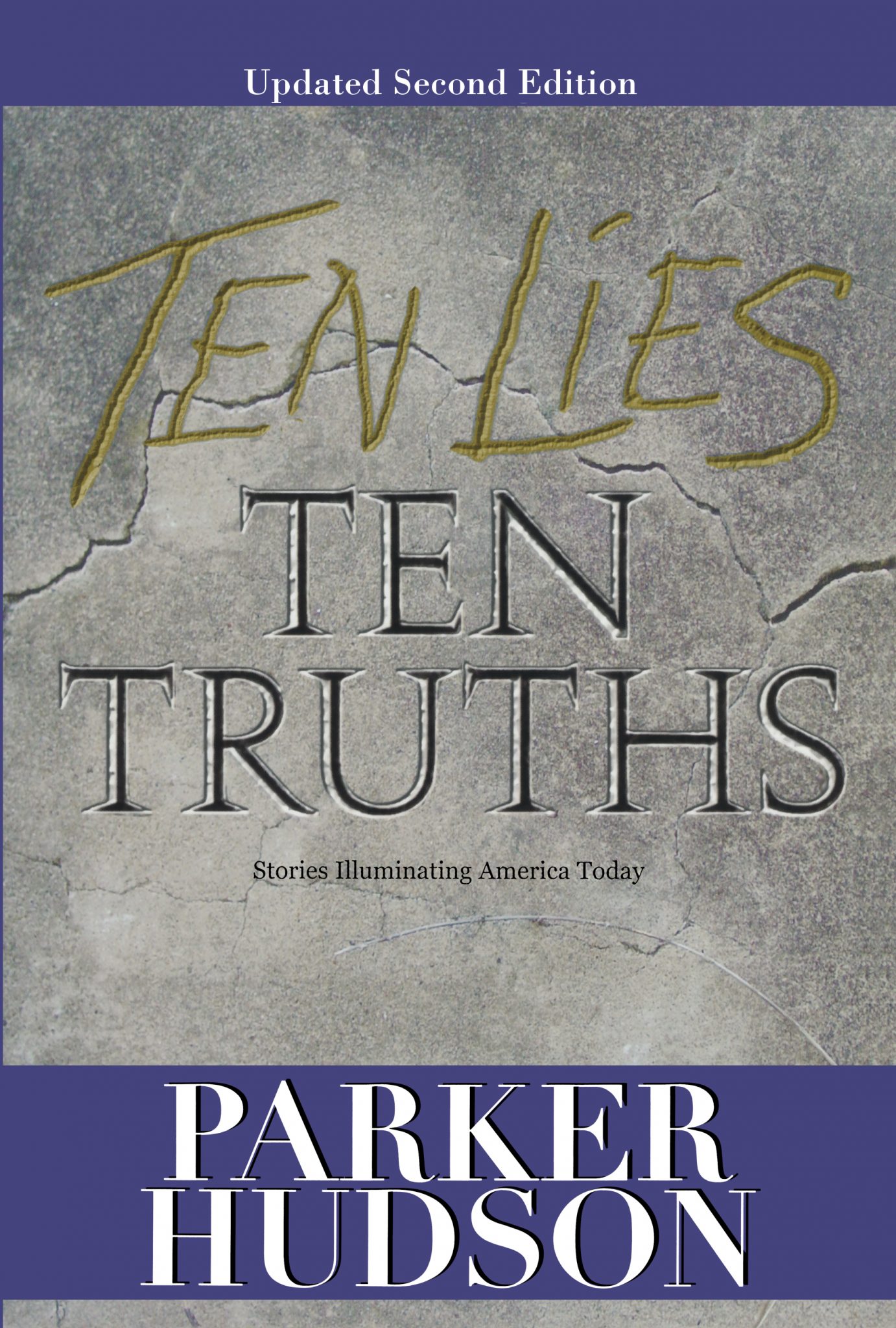I am wrestling with and may change my position on legalizing drugs, which I never would have imagined just a few years ago. Let me explain.
The worst addictors today appear to be drugs, alcohol, pornography, and gambling. For different people each of these can be debilitating and destructive. The addict knows it. But he or she goes ahead anyway—that is the definition of an addiction—unless transformed by an experience like that of the Prodigal Son.
My focus here is not on how an individual may be changed (I think it takes God’s intervention through loving friends and family), but rather on the cost of addictions to our country.
In the above list, notice that three of the four addictors are “legal”, and even many drug addictions begin as legal prescriptions.
I imagine that some version of each addiction has been around since the earliest civilizations, and I believe that they will always be with us. I take no joy in that fact—but it appears to be the human condition. No matter what we do, a certain number of people will indulge in these behaviors, with the resulting pain, costs, and broken relationships. It is tragic, but seemingly inevitable.
So our realistic goal should be to manage the resulting situation effectively, rather than to eradicate it altogether, which is simply impossible.
One part of management should be to reduce the number of people who experience each addictor, thereby reducing the number of eventual addicts. It used to be that there were societal hurdles—costs and risks—to participating in these behaviors, which tended to discourage those who might be attracted, but who didn’t want to run the risk of paying the price. You had to risk being seen on the wrong side of town, or at a particular store; or you had to travel to Nevada, in the case of gambling. And the government and media generally tended to dissuade participation.
But today almost all of those hurdles are down. Gambling is encouraged by most states; casinos have proliferated. Betting and pornography are only a few clicks away on one’s personal computer. Prepaid cell phones, fake IDs, the decline of fathers, and unenforceable laws (the drinking age should be 19, not 21) make drugs and alcohol easy to obtain at almost any age, and in almost any location. Many children are exposed by age twelve.
So there are inevitably going to be more personal tragedies, more individual costs, and more challenged families due to one or more of these addictors.
Given all of that pain, do we also need the violence, judicial corruption, and diversion of scarce resources that come from chasing, prosecuting, and housing those who are engaged in the illegal drug trade?
We tried it with Prohibition and gave up. If those with a predilection for drugs are going to find them anyway, why increase the cost and give them an economic incentive to become sellers in order to fund their habits? They are called “pushers” for a reason—they are at the low end of the business pyramid, pushing the drugs onto those in the next grade, or the next block. And so it all repeats.
Again, I take no joy in this conclusion. The costs are terrible, and they are real. But why add to society’s costs for drugs, when gambling, alcohol and pornography are either taxed, regulated, or both?
None of them, unfortunately, is going away. So let’s at least take away the incentive to push drugs to the person next door, or to a friend’s younger sibling, or to a co-worker.
Maybe, without that extra economic shove, drug use will at least level off. And the violence which enforces the illegal trade should greatly decline.
Drugs cause enough personal problems without compounding them with an illegal distribution system. Instead, as we do with alcohol, gambling and pornography, let’s regulate and tax. To do otherwise is not only kidding ourselves and costing us a lot, but putting another generation at terrible risk.


This one is by Glenn greenwald, who I think is one of the most thoughtful and respectable journalists around. https://www.cato.org/pub_display.php?pub_id=10080
Keep this up Parker and pretty soon we can both be registered Libertarians!
You might find these Cato discussions interesting:
https://www.cato.org/drug-war